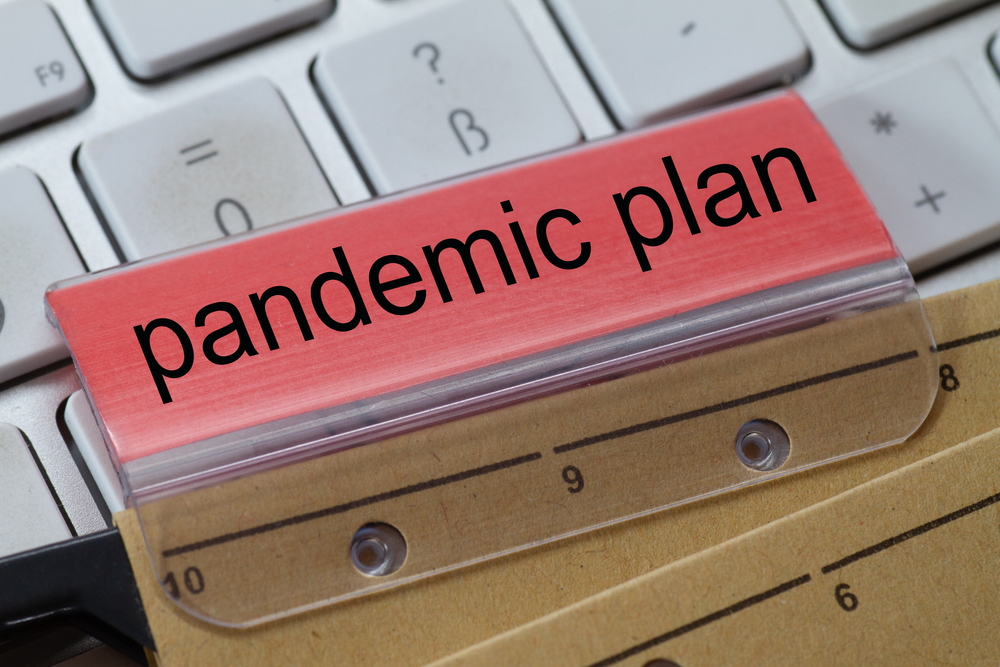
U.S. Rep. Brian Higgins (D-NY) will introduce a bill that would create a new agency within the Department of Health and Human Services, the National Medical Command (NMC).
This new independent agency would be charged with preparing for, monitoring, and responding to pandemics. Further, it would provide significantly increased federal funding for research into treatments and vaccines against infectious diseases.
The bill – the U.S. Infectious Disease Epidemic and Pandemic Preparedness Act — would address the current pandemic and plan for future outbreaks. It would establish the National Medical Command, which would be responsible for crafting a unified national strategy for dealing with pandemics, monitoring infectious disease outbreaks around the world, and functioning as a pandemic warning system. Also, it would authorize the Secretary of Health and Human Services to create a grant program for organizations to engage in community-based strategies to stop the spread of infectious diseases. Priority would be given to organizations working with high-risk populations, including the elderly, children, the immunocompromised, and low-income and homeless individuals. Additionally, it would authorize the development of a strategic five-year plan to devote $5 billion of targeted funding at the NIH for treatments and vaccines.
“The recently approved disaster relief bills in Congress provided additional funding to the National Institutes of Health (NIH) and Centers for Disease Control and Prevention (CDC) for research into treatments and vaccines against COVID-19,” Higgins said. “These funds will help, but they will not produce the results we needed several months ago. The hard truth is that the federal government should have been making robust, sustained investments to develop an effective vaccine to protect against various strains of coronavirus when it was first confirmed as the cause of Severe Accurate Respiratory Syndrome (SARS) nearly two decades ago.”
There have been nearly 2 million confirmed cases of COVID-19 in the United States and more than 70,000 deaths. Higgins said there have been widespread reports of shortages of face masks, gloves, and other personal protective equipment for frontline workers and insufficient numbers of testing kits and ventilators.




